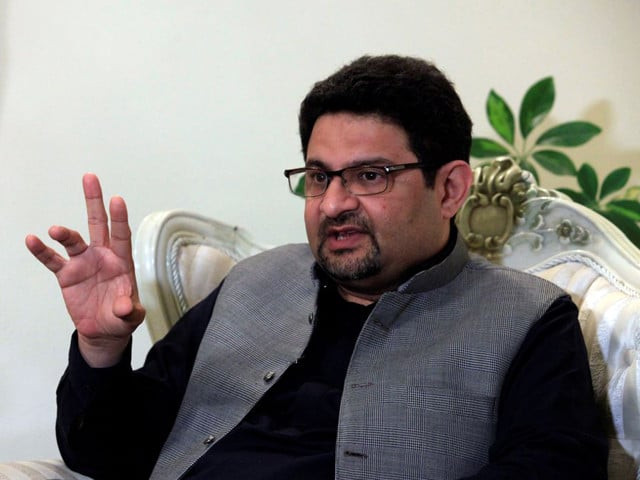While delivering the budget for the fiscal year 2022-23, Pakistan’s Finance Minister Miftah Ismail claimed that the government had taken measures to ensure that the rich were taxed and that the poor were given relief. Ismail also claimed that it is an agriculture friendly budget. Unfortunately, the details presented in the budget run contrary to these claims.
According to the budget document, the government plans to increase tax revenue by 17%, of which there is only a meagre increase of 37% in progressive taxes while there has been a 63% increase in the indirect taxes. Even if we look at the breakdown of indirect taxes, there is an increase of 44% in the sales tax, the burden of which is ultimately transferred onto the consumer.
The government, which has already increased the price of petroleum, now also has plans to increase the petroleum levy by 456%, which will only help ensure that inflation sky rockets. This will not only impact the purchasing power parity of the Pakistani people but could even lead the economy towards ruin.
Unfortunately, the government is more focused on collecting revenue from indirect sources rather than increasing progressive taxes. Taxes are being imposed on retailers who are already impacted by the increase in the electricity tariff of about 47%. Furthermore, people who are establishing industries in erstwhile FATA will be brought into the tax net, which is an indication that the government is not keen on the development of these areas which suffered greatly during the war against terrorism. However, the government has lifted the imposition of income tax, but this will not impact the masses living there since a major chunk of the population in these areas is already working outside of the income tax net. It is feared that this act of imposing a sales tax and other indirect taxes could instigate a sense of resentment.
Ismail also announced the imposition of a 4% super tax on all sectors of the economy, alongside a further levy of a 6% super tax on large scale manufacturers. The levying of a super tax on an economy which is already on the brink of default truly beggars belief. It highlights the incompetence of the revenue, planning and finance division of the state which continually fails to address the real problem behind the crumbling economy.
The true problem plaguing Pakistan’s economy is our impotence to internally generate capital for our market. The imposition of indirect taxes, like the aforementioned super tax and other indirect taxation schemes, is shrinking the margin of local capital generation and is fostering dissatisfaction among foreign investors since, as a result of these circumstances, our industry would lack the capacity needed to compete with regional competitors.
For instance, the textile sector, one of the backbones of our economy, which was already struggling due to the hike in the price of petroleum and electricity, will be further hurt by this super tax. The same holds true for Pakistan’s cement, steel and fertiliser sectors as the former two are imperative for infrastructural development and the latter one is an indispensable component of our agriculture sector.
The burden of this indirect super tax will simply be passed onto the average Pakistani consumer and will bring with it a wave of inflation in addition to the prevailing price hike. There is an atmosphere of fear that the current economic situation will lead our economy and our country towards a point of no return. If Pakistan’s policymakers fail to arrest the economy’s downward spiral now, they could be dooming the Pakistani people to decades of financial insecurity.



COMMENTS
Comments are moderated and generally will be posted if they are on-topic and not abusive.
For more information, please see our Comments FAQ